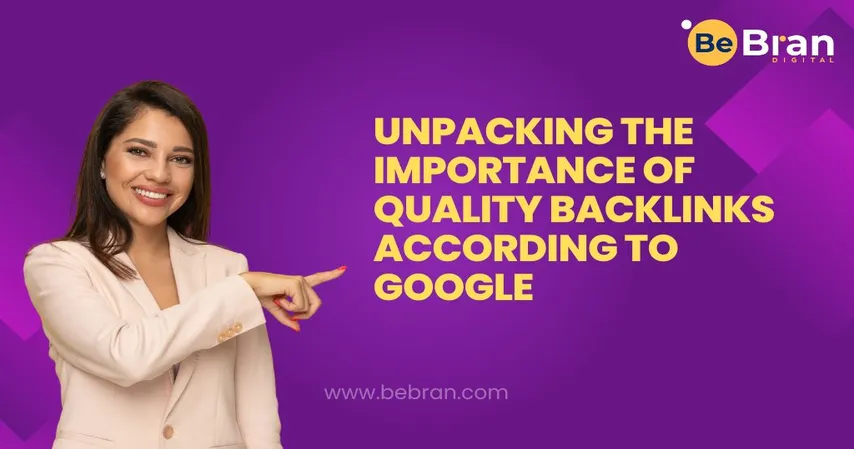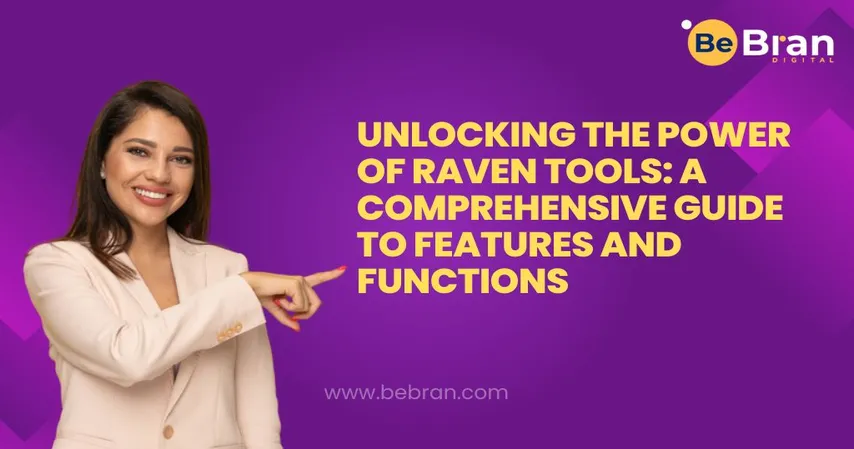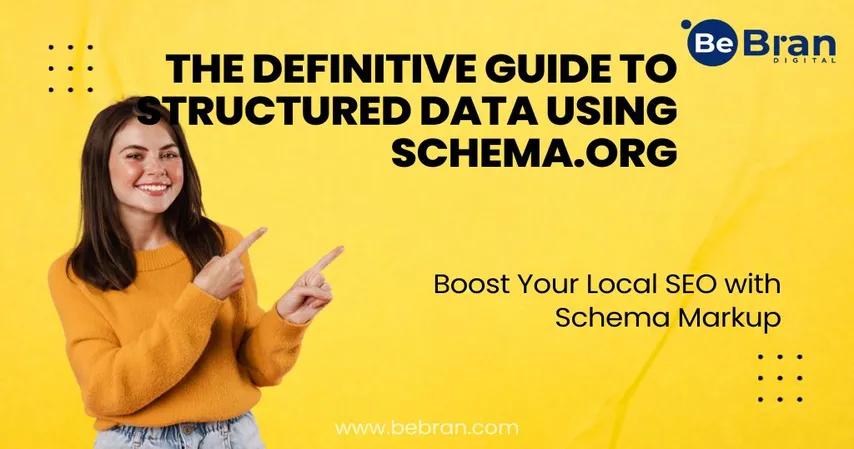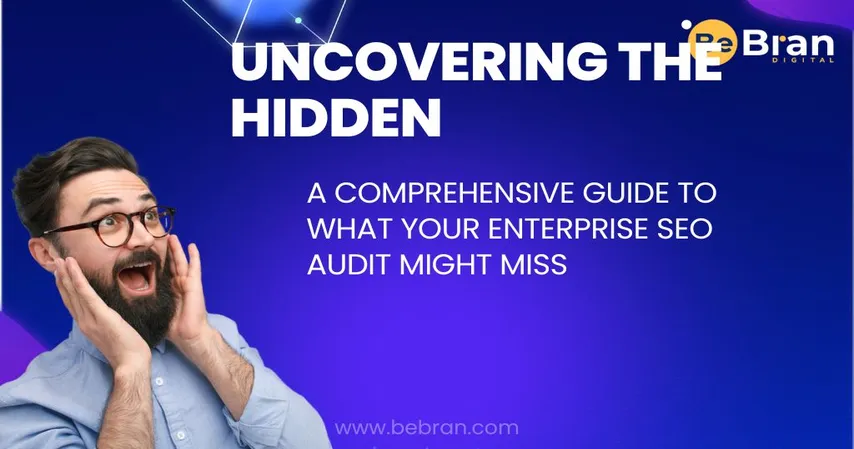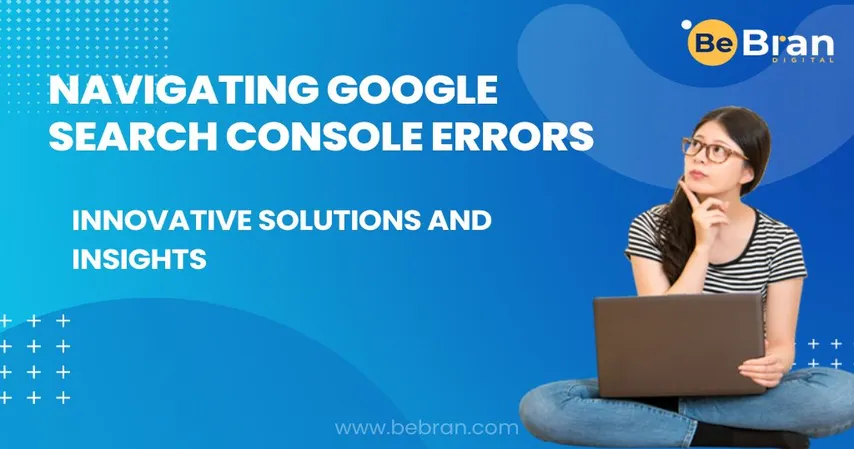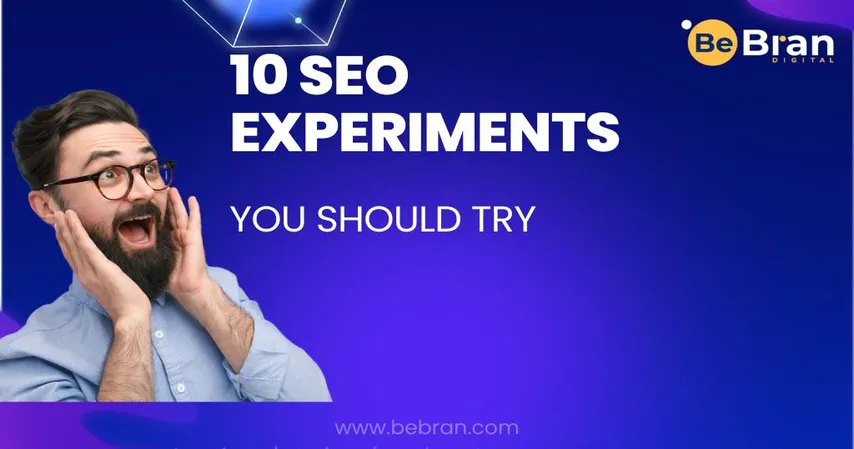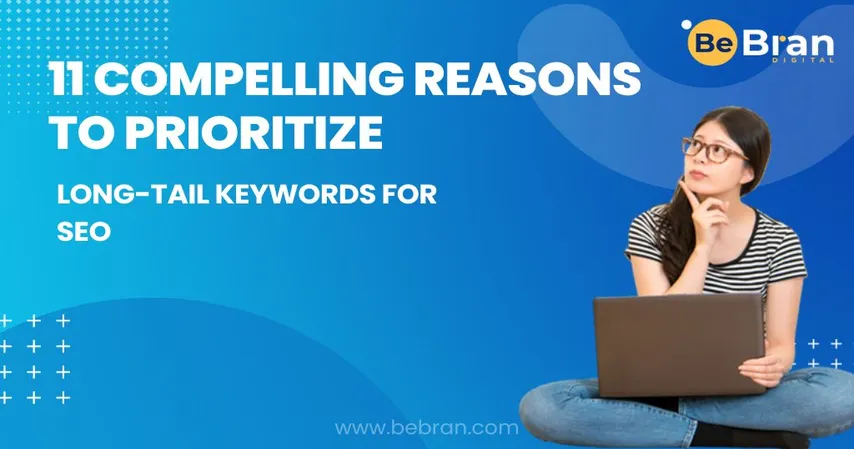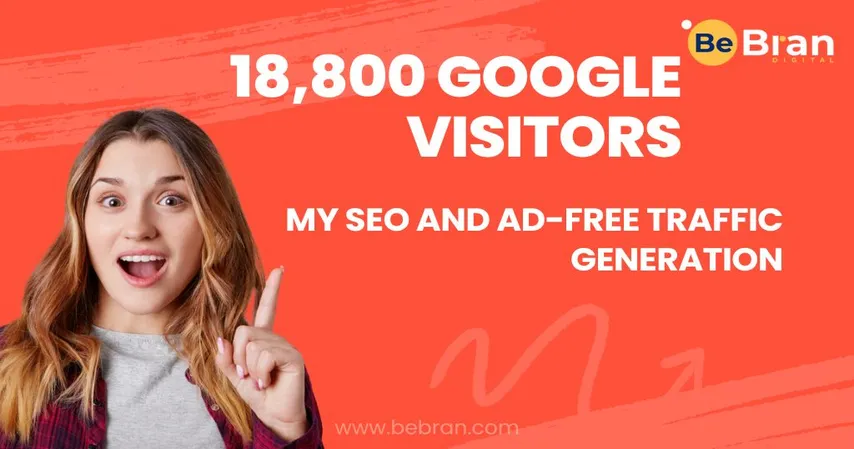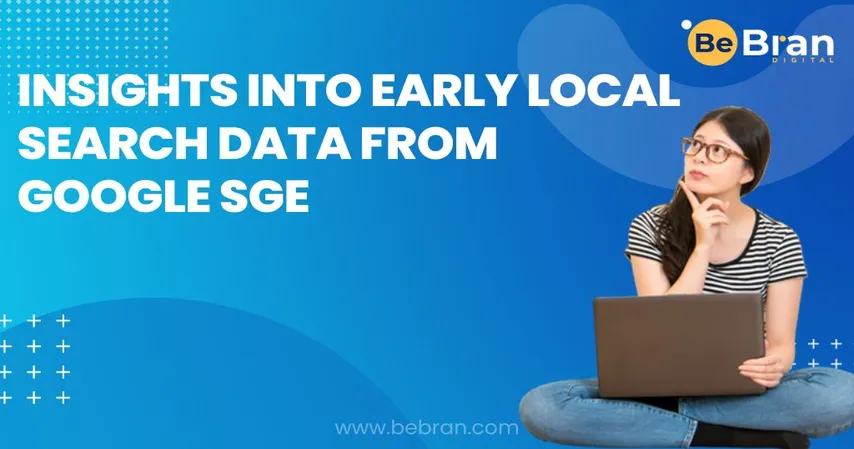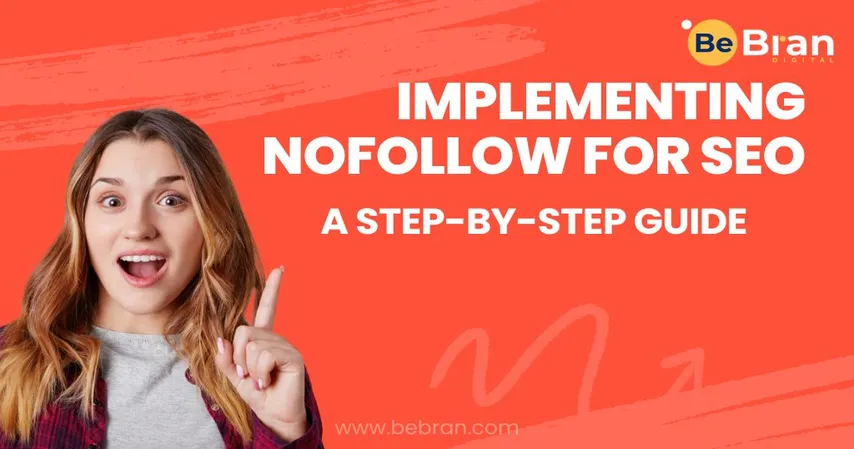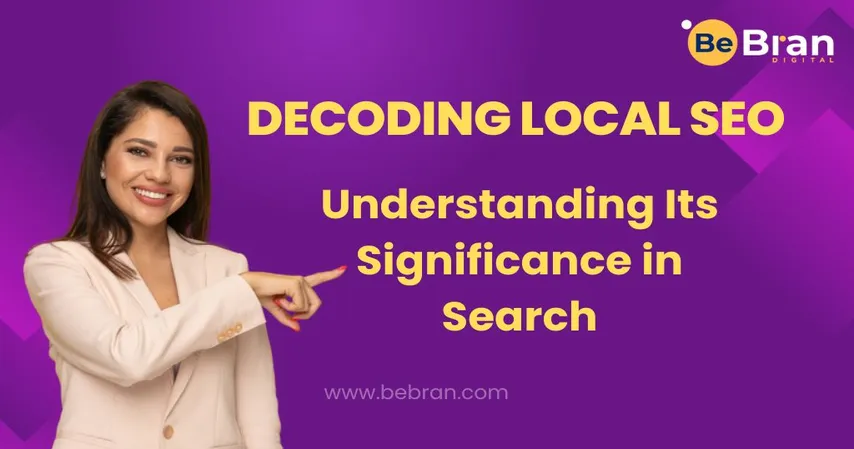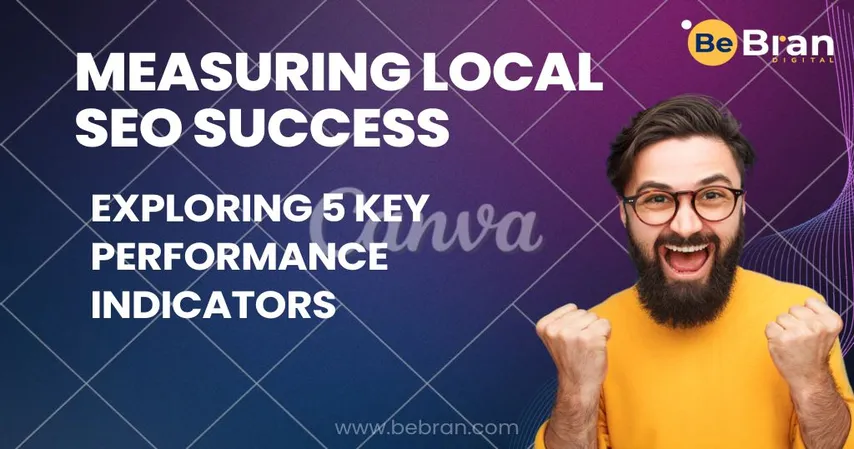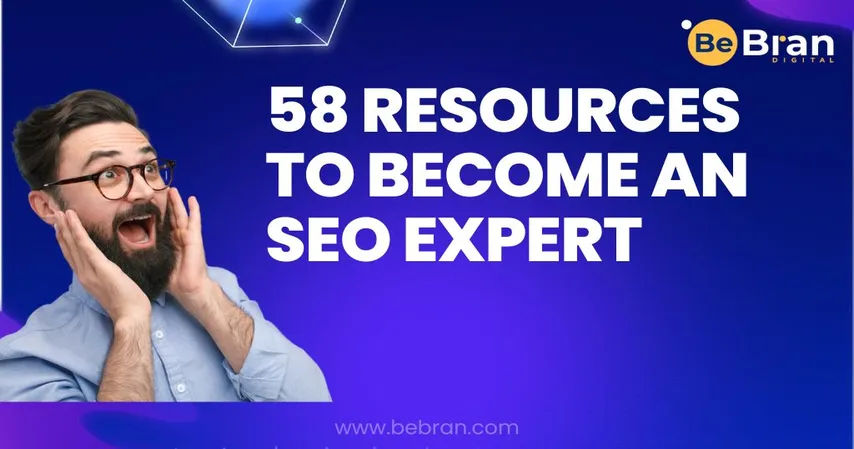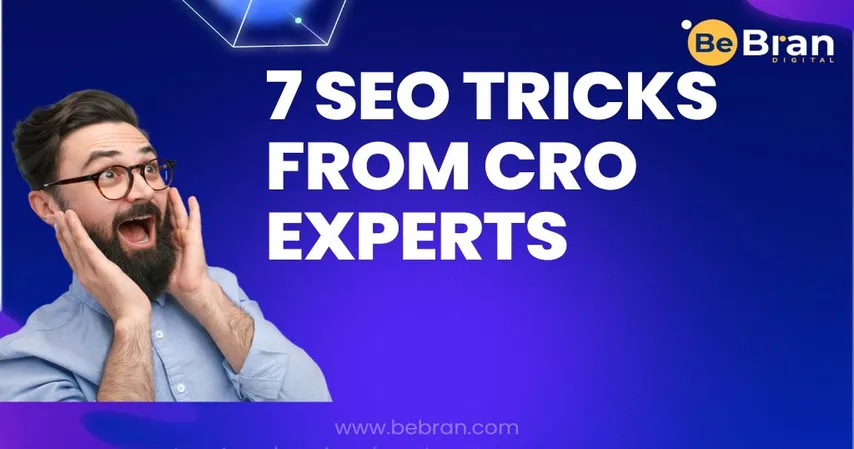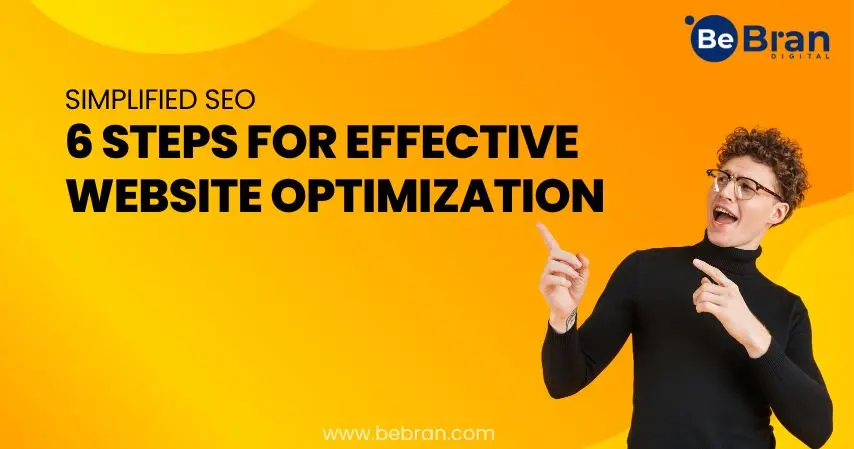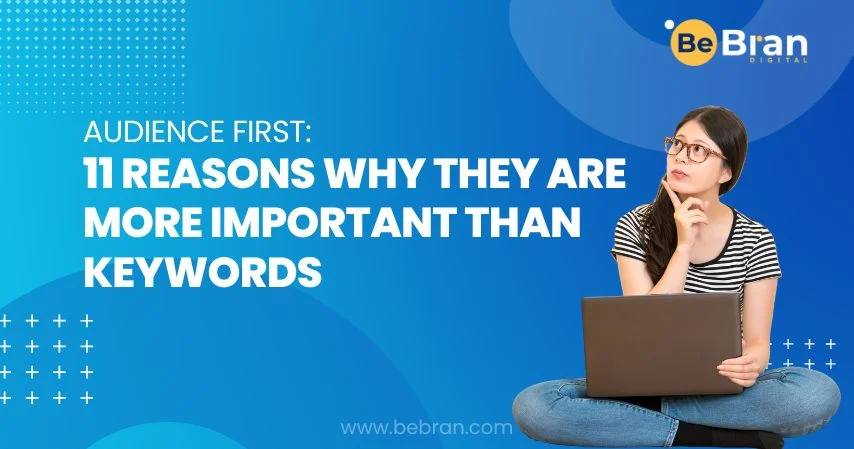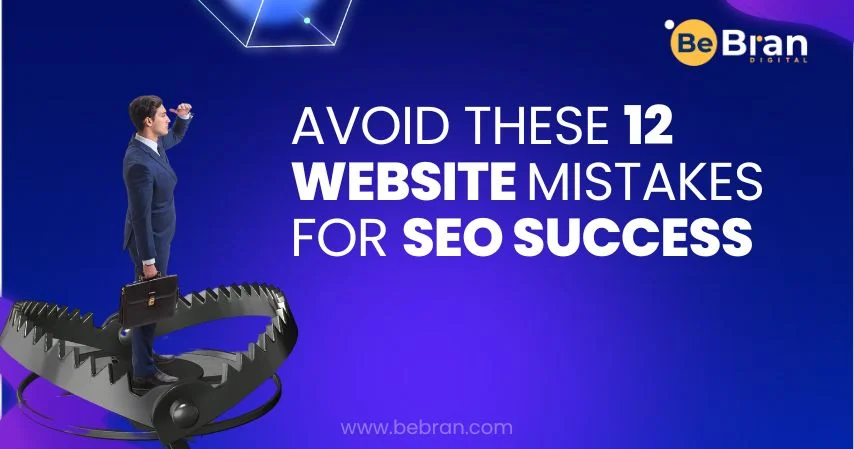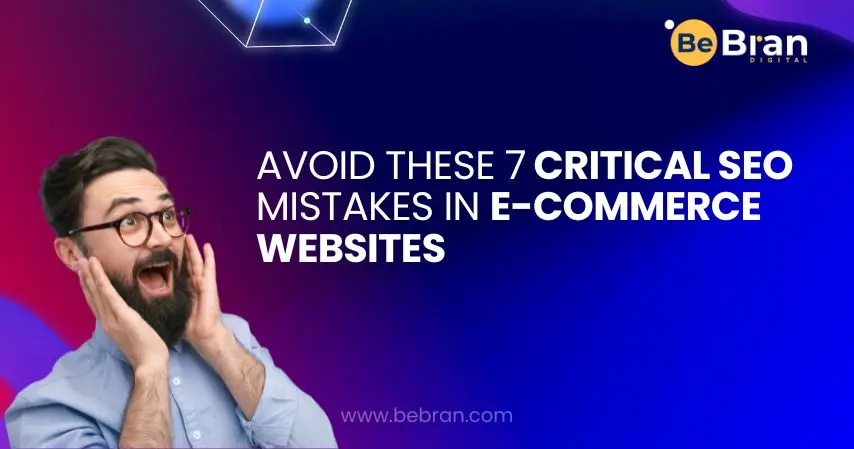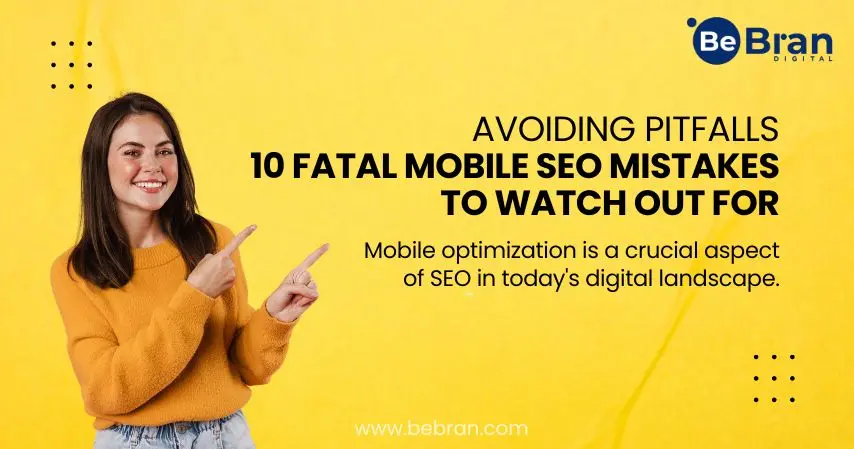Q. What is the main difference between Good SEO and Great SEO?
A. Good SEO covers basic optimization practices, while Great SEO involves a deeper understanding of user intent, strategic content creation, and proactive adaptation to search engine updates.
Q. Can Good SEO evolve into Great SEO?
A. Yes, Good SEO can evolve into Great SEO by focusing on advanced strategies like user experience optimization, quality backlink building, and ongoing, predictive SEO adjustments.
Q. Why is Great SEO preferred over just Good SEO?
A. Great SEO is preferred because it not only fulfills basic optimization needs but also aligns closely with user behavior and search engine advancements, leading to better, more sustainable results.
Q. How does content quality differ in Good SEO vs Great SEO?
A. In Good SEO, content relevance is key, while Great SEO emphasizes creating unique, engaging, and value-driven content that resonates with the audience and fosters loyalty.
Q. What role does keyword strategy play in Good vs Great SEO?
A. Good SEO involves basic keyword implementation, but Great SEO takes a strategic approach, focusing on a mix of high-traffic and niche-specific, long-tail keywords tailored to audience needs.
Q. Is user experience more important in Good or Great SEO?
A. While Good SEO acknowledges the importance of user experience, Great SEO places a major emphasis on creating a seamless, engaging user experience as a core element of the strategy.
Q. Can small businesses benefit from transitioning from Good to Great SEO?
A. Absolutely. Small businesses can significantly benefit from adopting Great SEO strategies as they can lead to higher visibility, better engagement, and improved credibility online.
Q. What is the impact of backlinks in Good SEO vs Great SEO?
A. Good SEO focuses on building a network of backlinks, but Great SEO prioritizes the quality and relevance of backlinks, aiming for links from reputable, high-authority sites.
Q. How does adaptability differ in Good vs Bad SEO?
A. Good SEO involves regular updates and maintenance, while Great SEO is characterized by its proactive and predictive nature, constantly adapting to new trends and algorithm changes.
Q. Are analytics and monitoring more crucial in Good SEO or Great SEO?
A. Analytics and monitoring are crucial in both, but Great SEO relies more heavily on these for informed decision-making, allowing for continuous optimization and strategic adjustments.












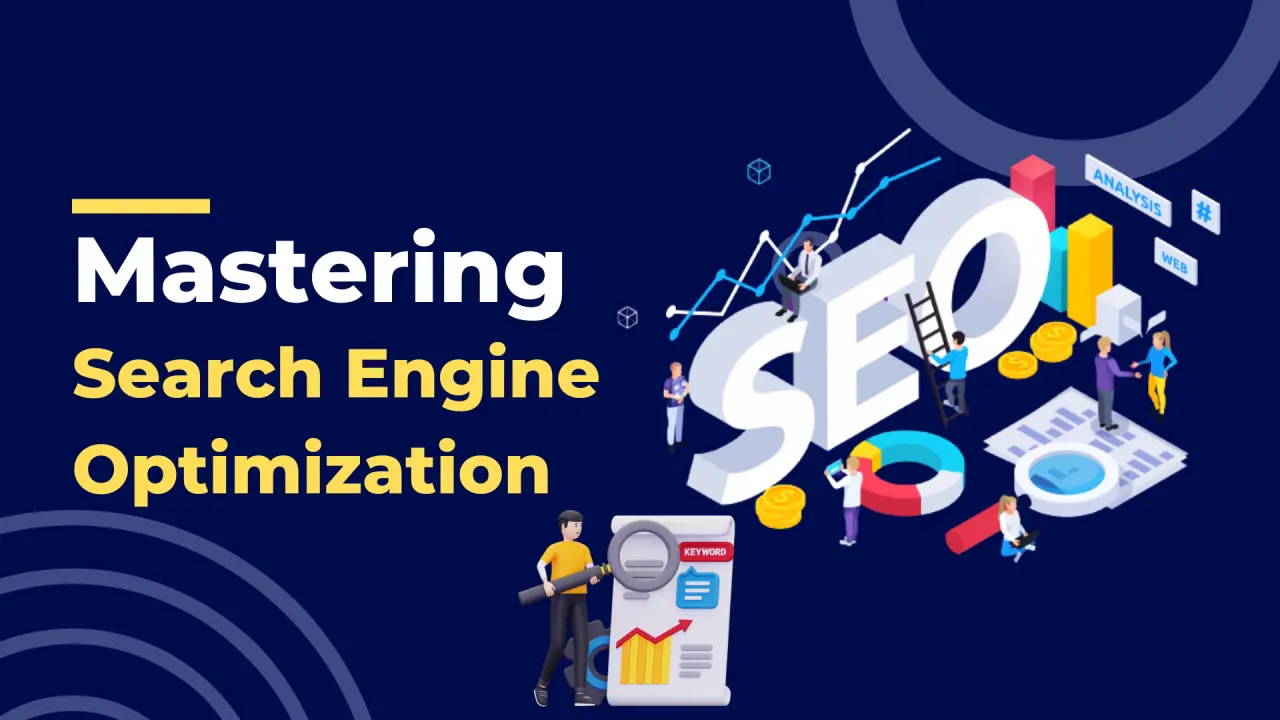





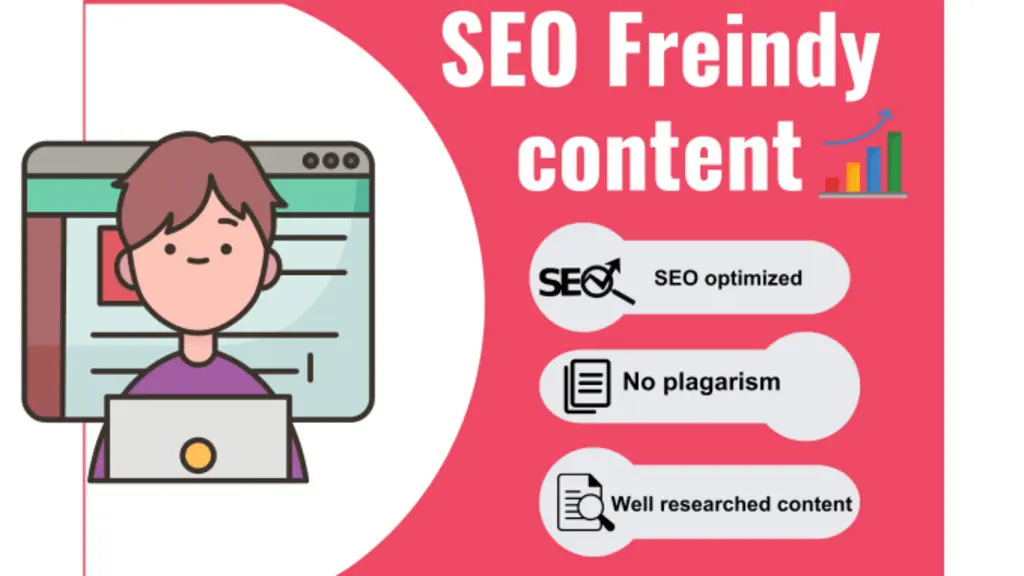



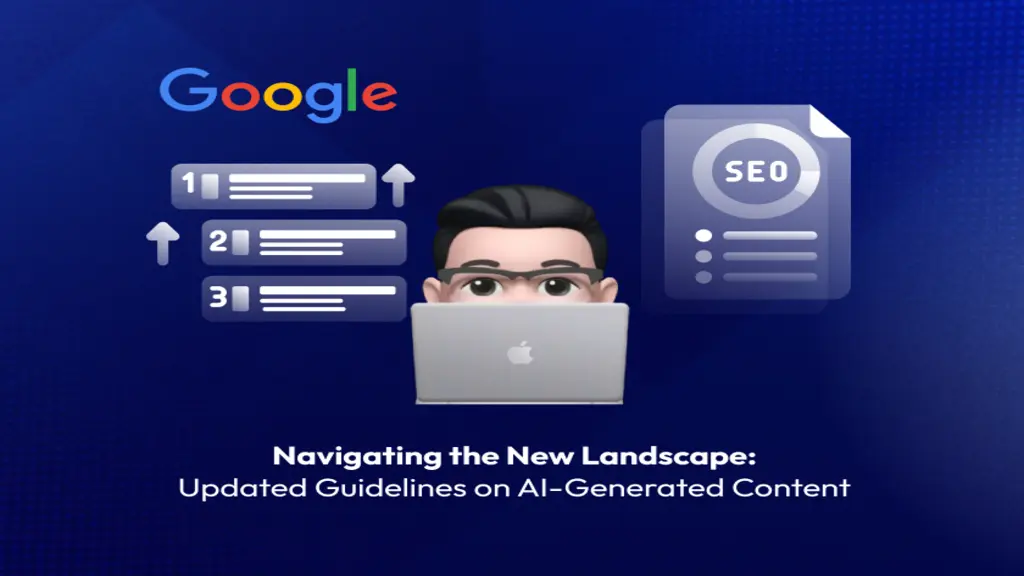

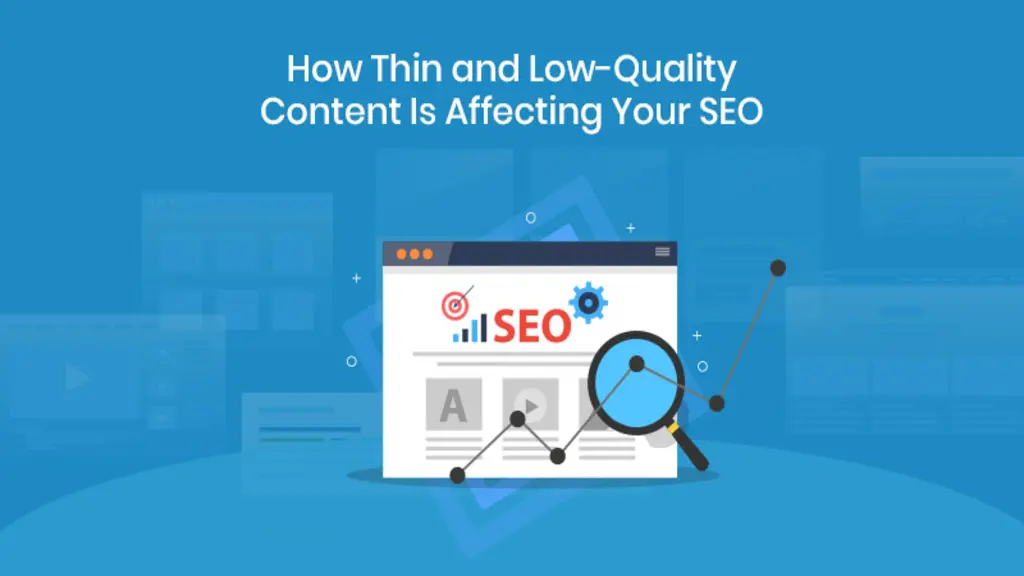

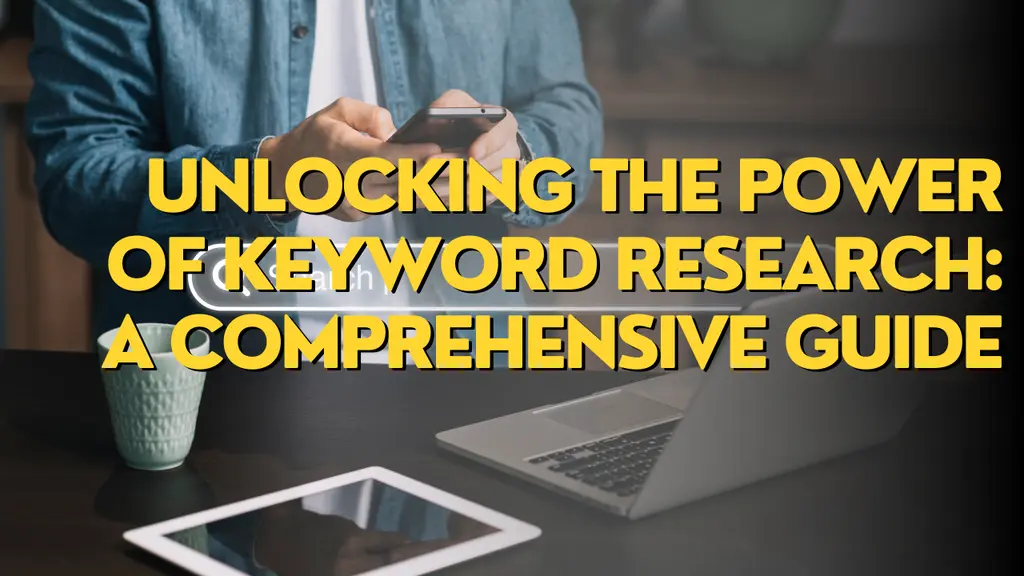



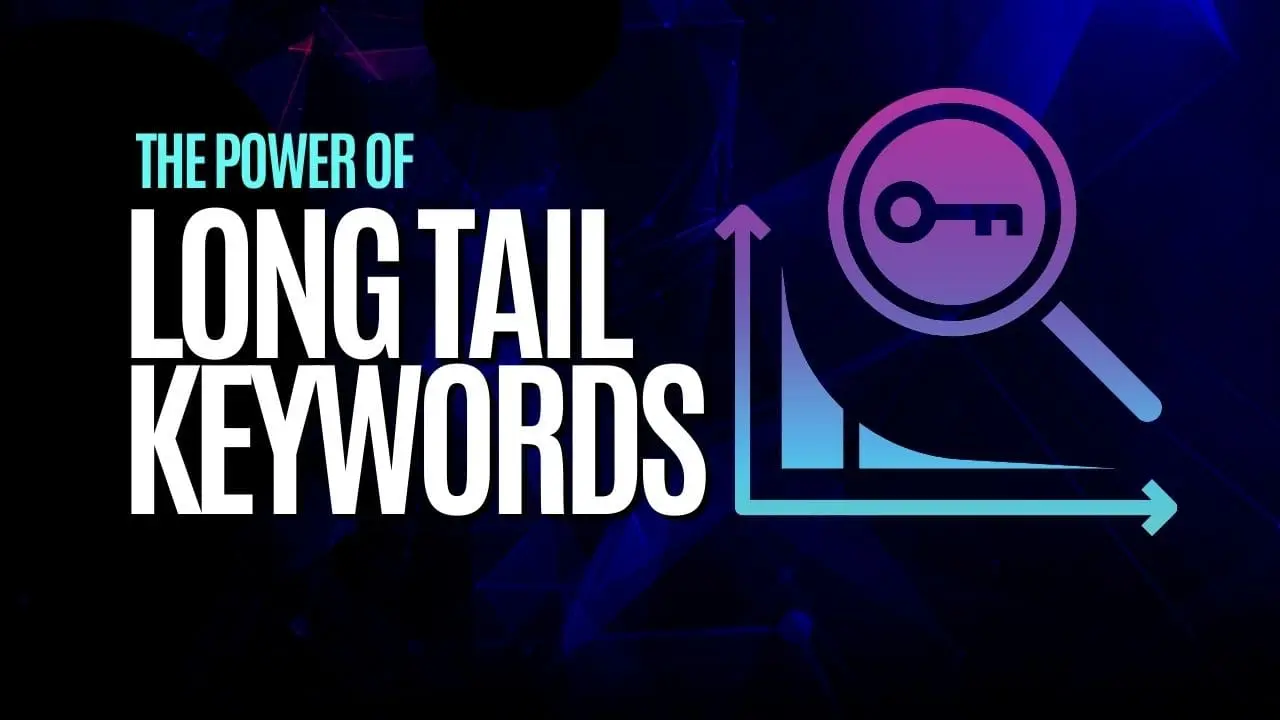






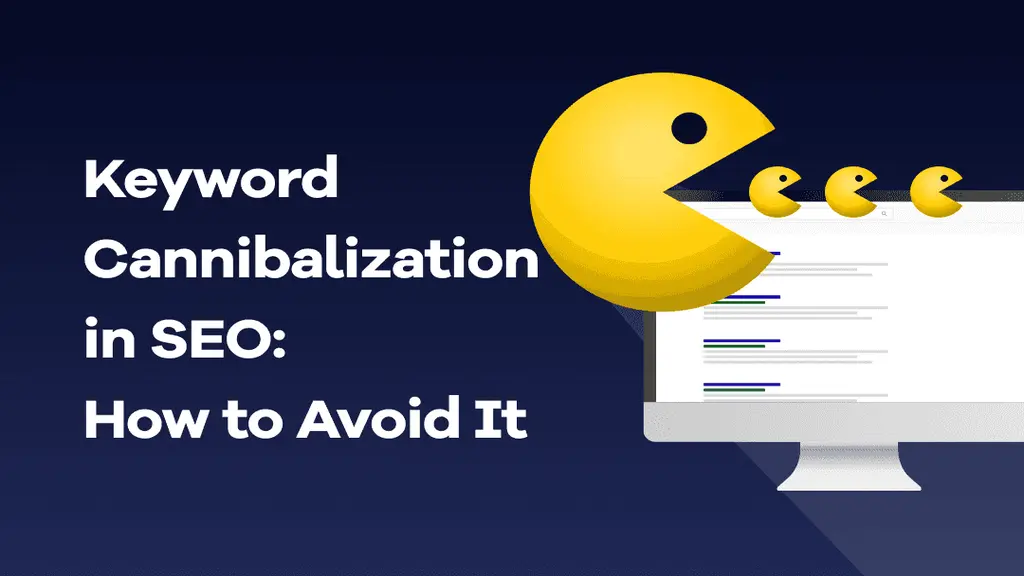

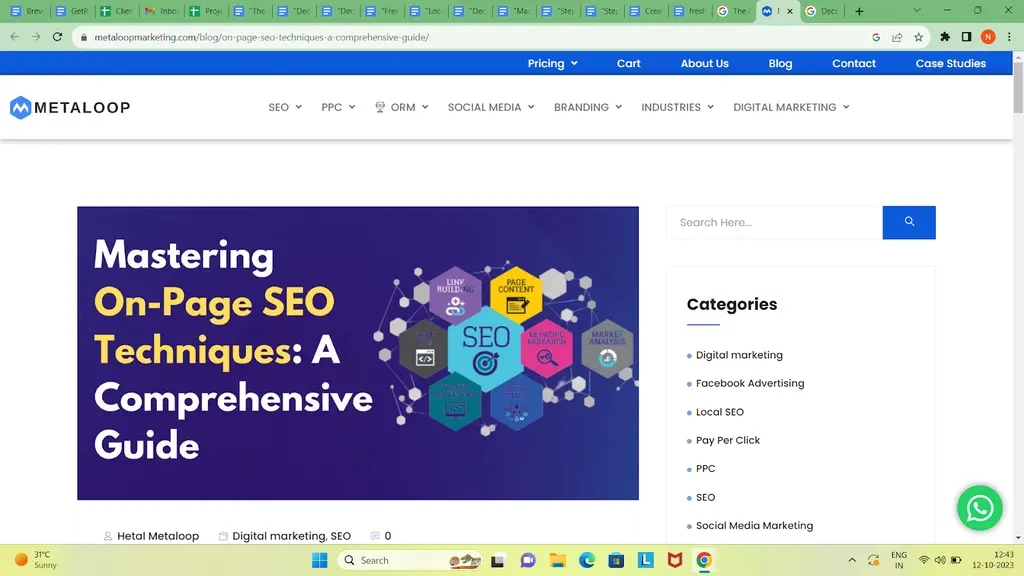



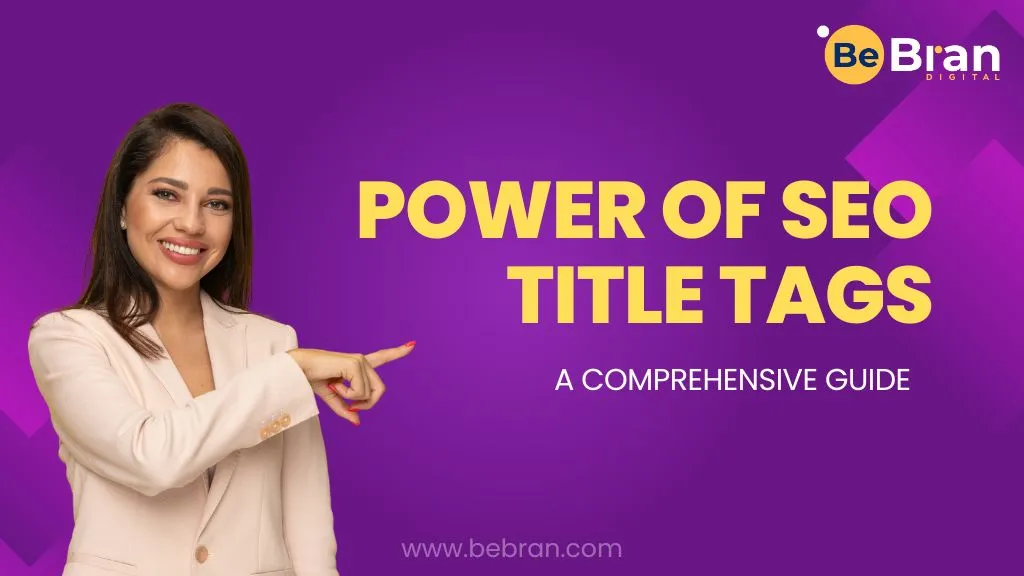

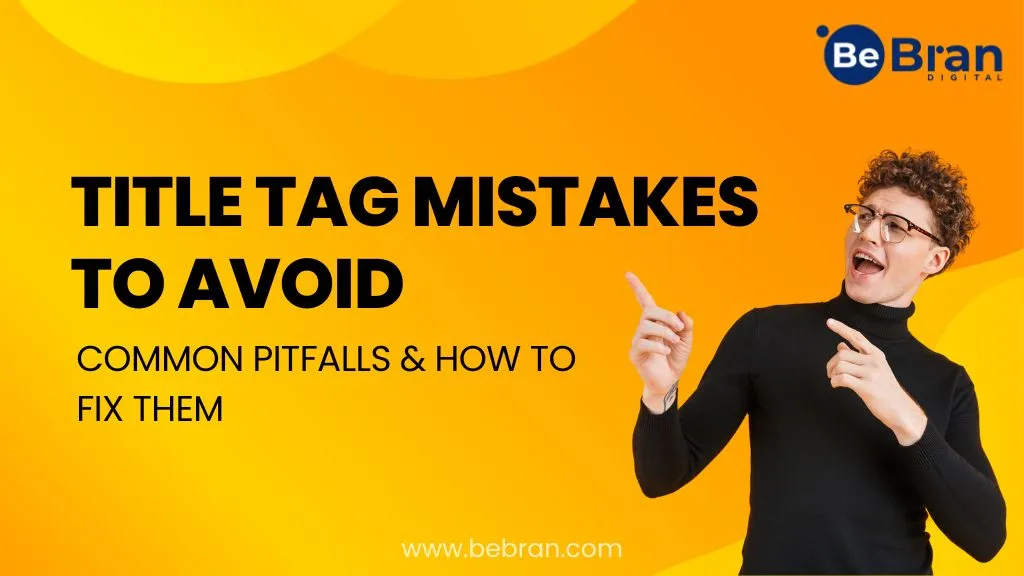




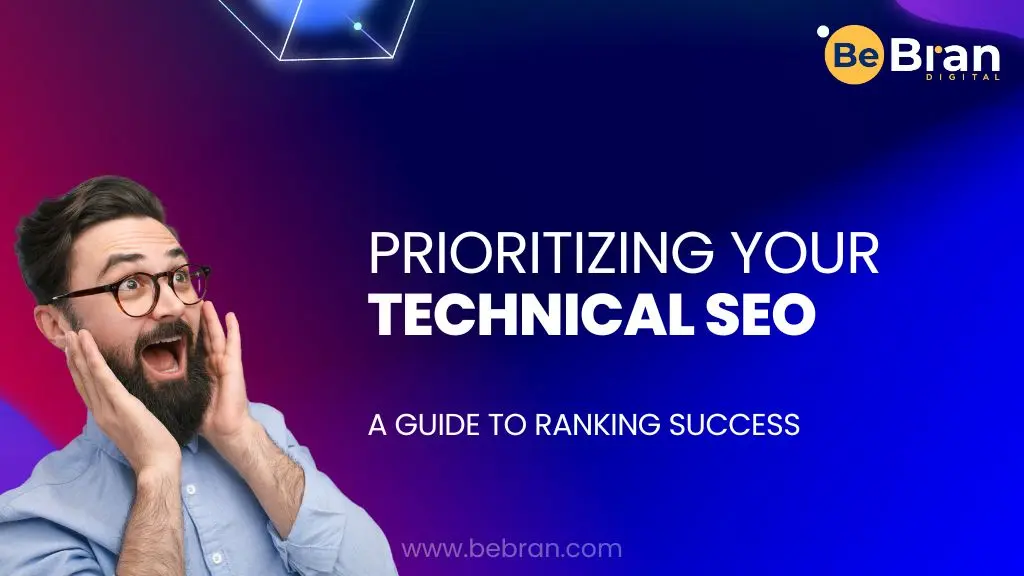





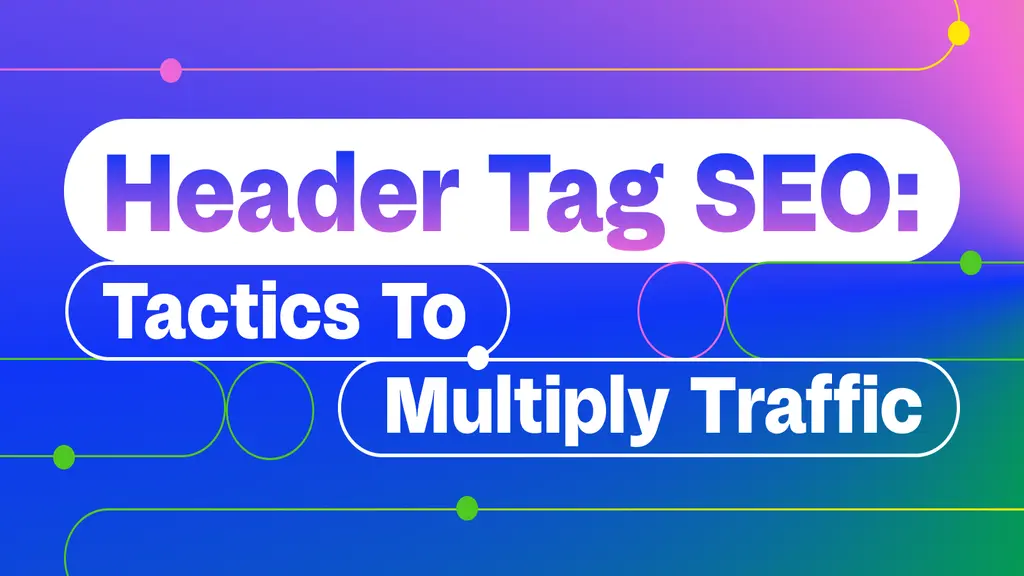

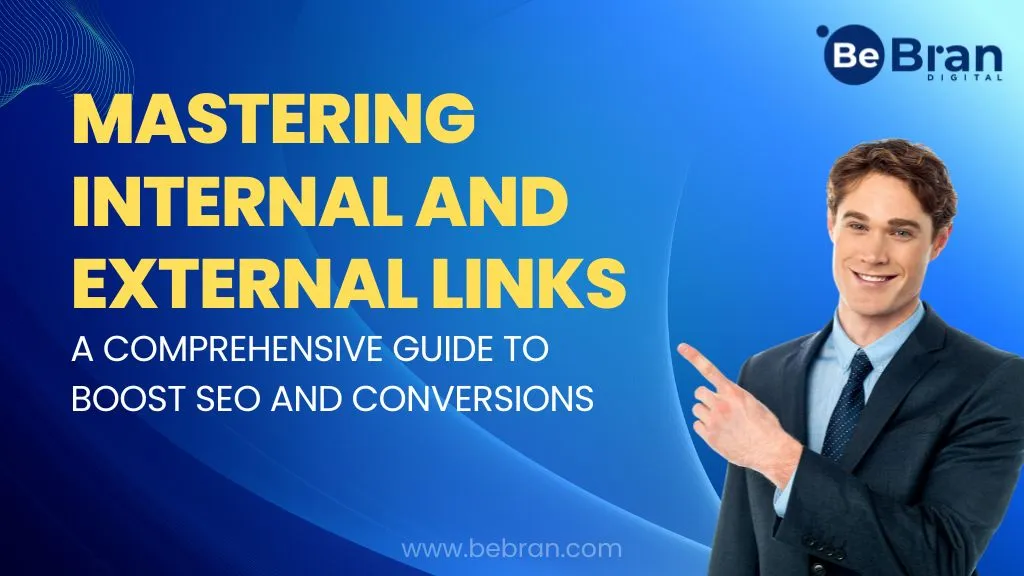









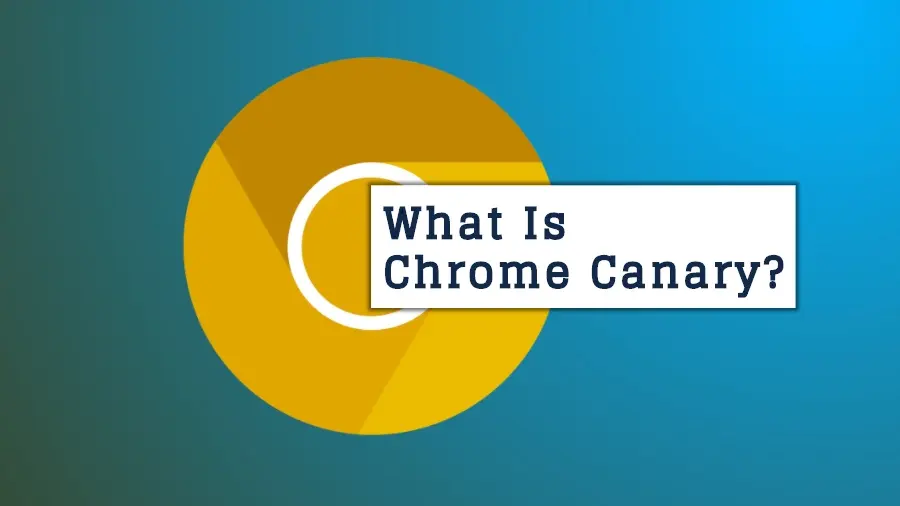
![1707475220 Bebran[1]](https://bebran.com/public/uploads/1709129094_1707475220_bebran[1].webp)
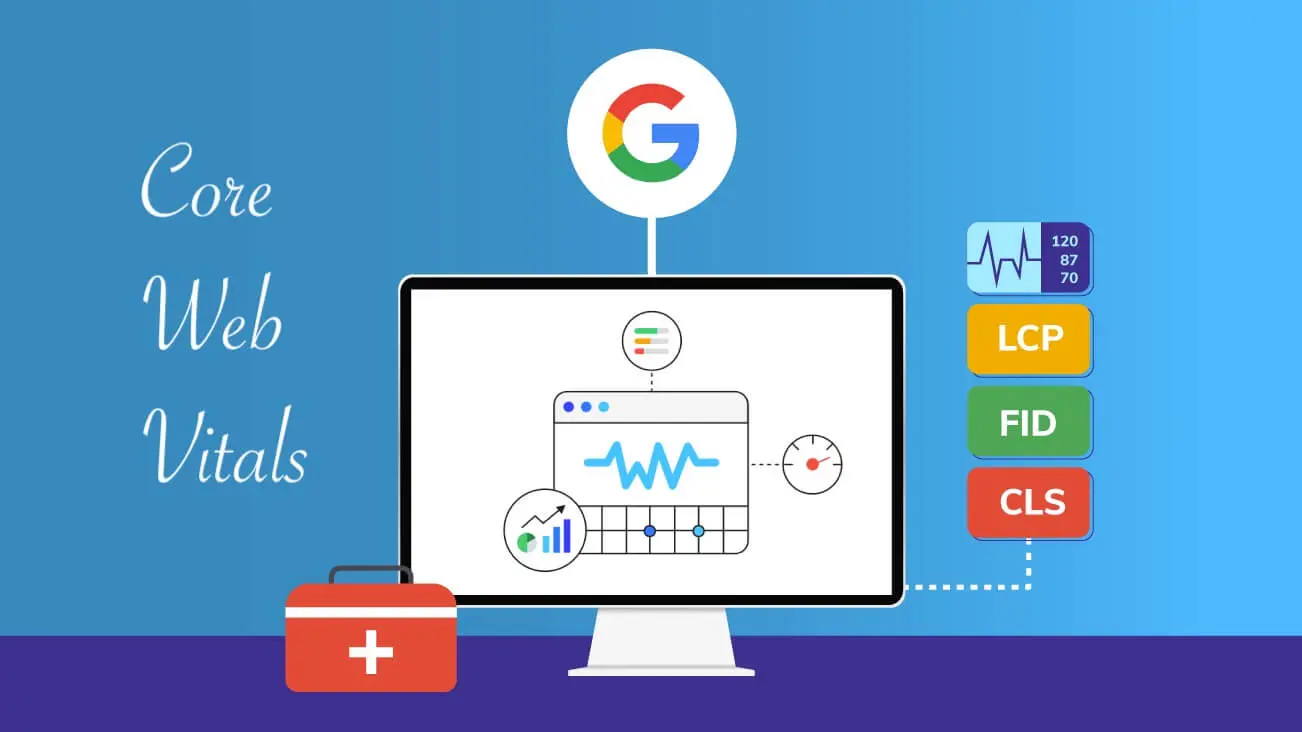
![1707475220 Bebran[1]](https://bebran.com/public/uploads/1709132759_1707475220_bebran[1].webp)

![1707475220 Bebran[1]](https://bebran.com/public/uploads/1709133996_1707475220_bebran[1].webp)
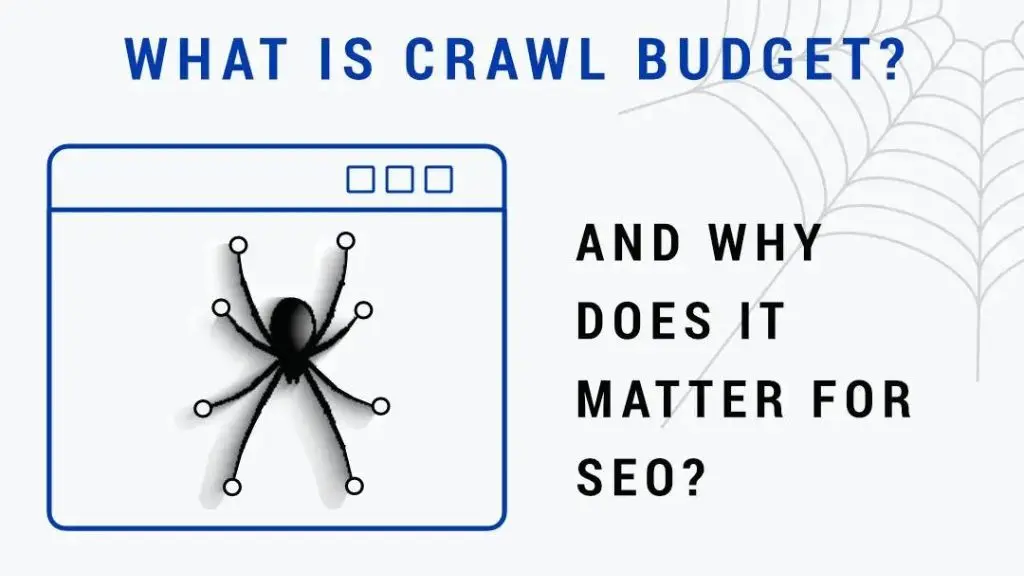
![1707475220 Bebran[1]](https://bebran.com/public/uploads/1709135250_1707475220_bebran[1].webp)

![1707475220 Bebran[1]](https://bebran.com/public/uploads/1709135874_1707475220_bebran[1].webp)

![1707475220 Bebran[1]](https://bebran.com/public/uploads/1709136770_1707475220_bebran[1].webp)

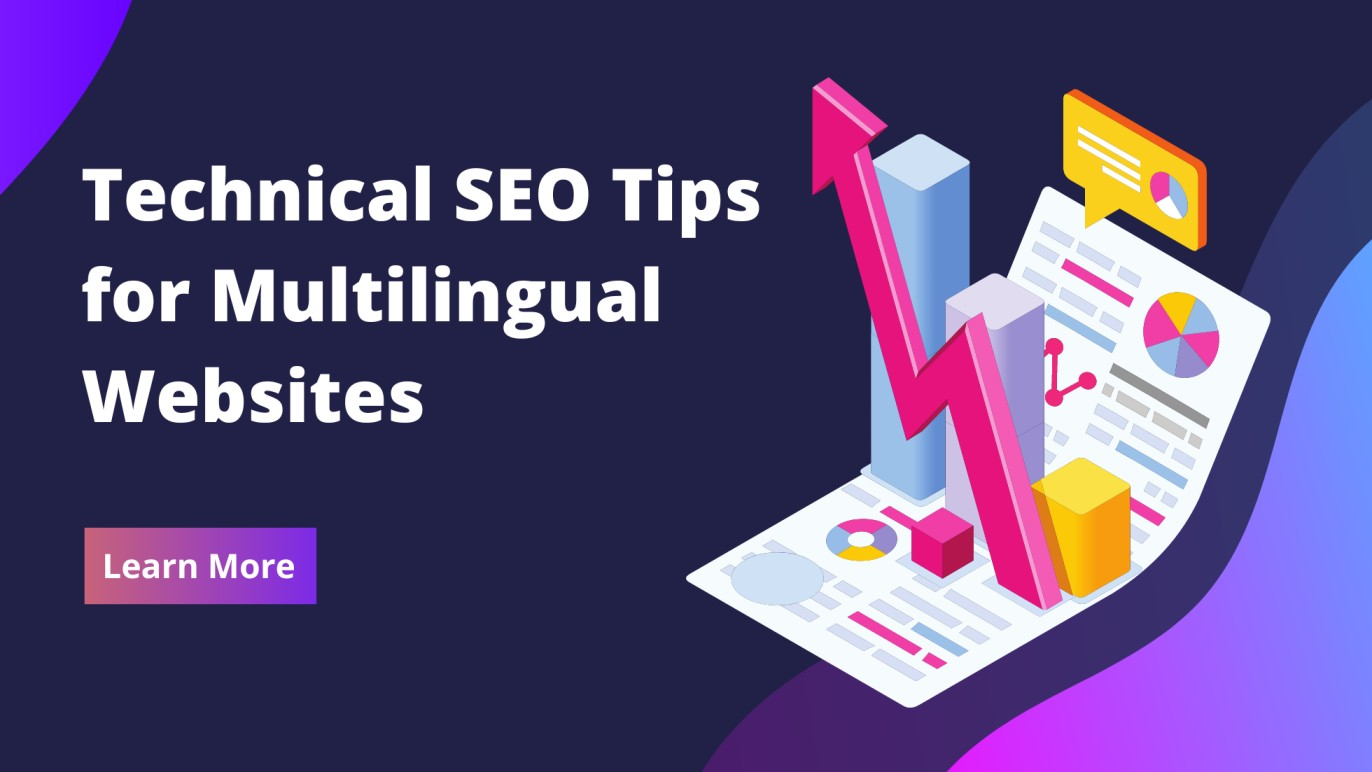




![1707475220 Bebran[1]](https://bebran.com/public/uploads/1709188948_1707475220_bebran[1].webp)
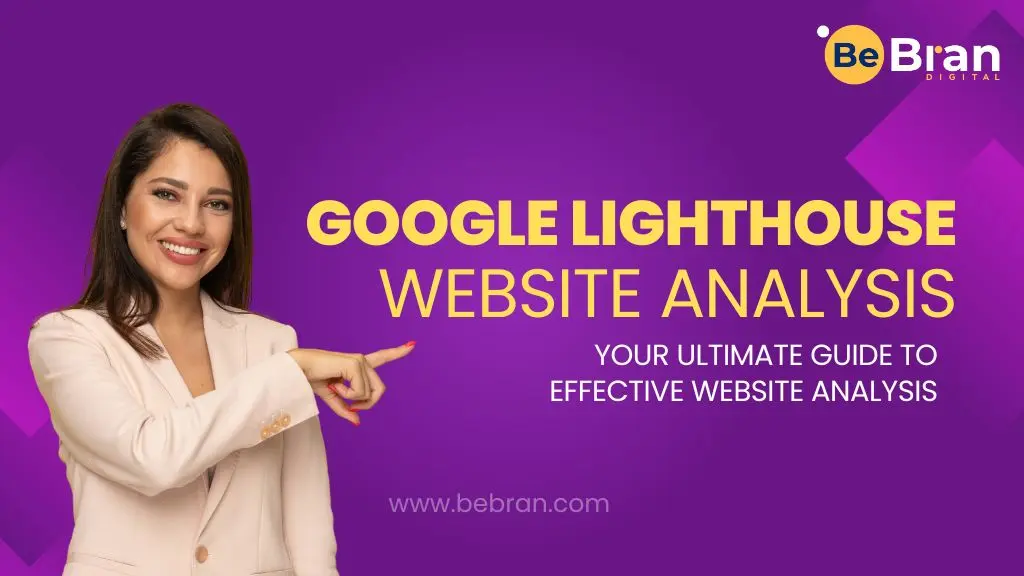
![1707475220 Bebran[1]](https://bebran.com/public/uploads/1709190426_1707475220_bebran[1].webp)







